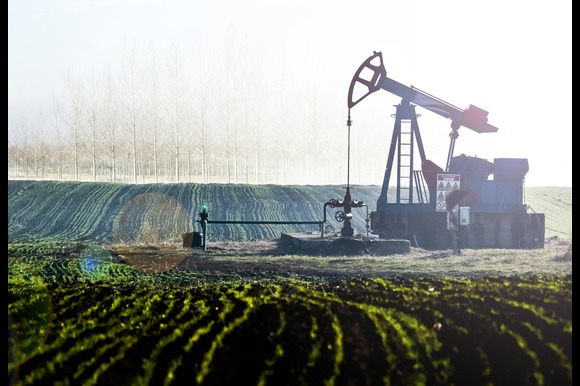India will continue purchasing oil from whichever source offers “the best deal” in order to safeguard the energy needs of its 1.4 billion citizens, the country’s ambassador to Russia has declared, signaling Delhi’s defiance ahead of new US trade penalties.
Ambassador Vinay Kumar’s comments, made to Russia’s TASS news agency, come just days before sweeping tariffs announced by US President Donald Trump are due to take effect. The measures include a 50% tariff on Indian goods, with a 25% penalty specifically targeting Delhi’s purchases of Russian oil and weaponry.
On Sunday, US Vice-President JD Vance defended the sanctions, saying Trump had unveiled the secondary tariffs on India to exert “aggressive economic leverage” on Moscow and compel it to end the war in Ukraine.
India’s growing reliance on discounted Russian crude since the start of the conflict has already strained relations with Washington and complicated negotiations over a wider trade agreement. Russian crude accounted for between 35–40% of India’s total oil imports in 2024, up dramatically from just 3% in 2021.
The US has accused India of indirectly fueling Russia’s war effort through its energy purchases — a charge that Delhi firmly rejects. Kumar stressed that India’s approach to trade is governed by market realities and the imperative of energy security, not geopolitical pressure. He reiterated that the Trump administration’s decision to impose secondary tariffs was “unfair, unreasonable, and unjustified.”
His remarks were echoed by India’s Foreign Minister S. Jaishankar, who hours earlier robustly defended Delhi’s continued purchases of Russian crude. “It’s ironic for officials from a pro-business American administration to criticize others for doing business,” he said on Saturday. Jaishankar further highlighted what he described as double standards, noting that neither China — the world’s largest buyer of Russian oil — nor the European Union, which continues substantial trade with Russia, faced similar secondary sanctions.
Jaishankar underscored that India maintains “strategic autonomy” in its policy decisions and will not allow external pressure to dictate its energy strategy.
India has sought to balance its foreign relations amid the war in Ukraine. While Delhi maintains cordial ties with Kyiv, Russia remains one of its closest allies and a key supplier of defense equipment and energy. Indian leaders have consistently called for a “peaceful resolution through dialogue and diplomacy” but have resisted Western calls to directly condemn Moscow’s actions.
Prime Minister Narendra Modi visited Ukraine in 2024 in a show of solidarity and reiterated India’s willingness to contribute “in all possible ways” to restoring peace. On Sunday, Ukraine’s ambassador to India, Oleksandr Polishchuk, told local media that President Volodymyr Zelensky could visit India soon, though no dates have been finalized. Russian President Vladimir Putin is also expected to travel to India later this year, underscoring Delhi’s balancing act between the two warring nations.
Meanwhile, Vice-President Vance expressed optimism that Trump’s approach could bring an end to the conflict. “He [Trump] has made it clear that Russia can be reintegrated into the global economy if they stop the killing. But they will continue to be isolated if they don’t,” Vance said on Sunday.
As tensions rise, India appears determined to prioritize its energy needs and economic security, even at the cost of heightened friction with Washington.






